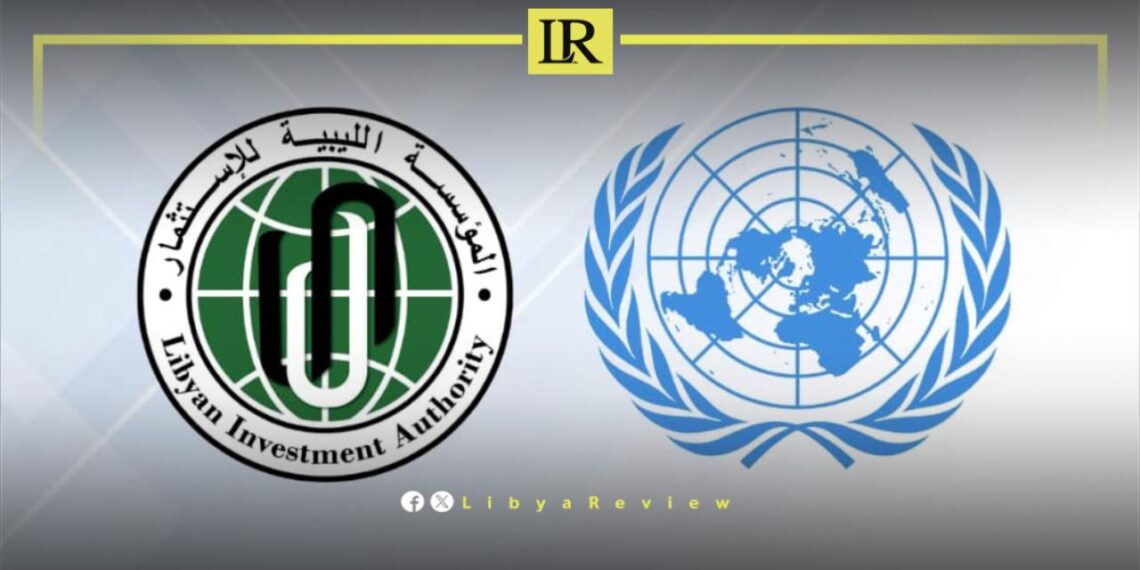The Libyan Investment Authority (LIA) anticipates receiving U.N. approval by the end of the year to actively manage its $70 billion in assets for the first time in over a decade. This comes after a prolonged asset freeze by the United Nations since the 2011 revolution that overthrew Muammar Gaddafi.
LIA’s Chief Executive Ali Mahmoud Mohamed told Reuters that he believes that the U.N. would approve their investment plan, which was submitted in March, by November or December. “We believe our investment plan will be accepted … we don’t think they will refuse it,” Mohamed stated via a translator.
The initial step of the LIA’s four-part plan involves reinvesting funds accumulated during the freeze, such as payouts from bond holdings.
The LIA, established by Gaddafi in 2006 to oversee Libya’s oil wealth, requires U.N. Security Council sign-off to make new investments or transfer cash from accounts with negative interest rates.
Previously, the LIA faced internal conflicts and external challenges, including a period of dueling chairmen backed by different factions within Libya. A British court ruled in Mohamed’s favour in 2020, after which the LIA disclosed a Deloitte audit revealing that the freeze had cost it approximately $4.1 billion in potential equity returns. Transparency within the LIA has since improved, with audited financial statements released in 2021, covering the year 2019, and plans to publish the 2020 numbers soon.
The LIA’s governance ranking has significantly improved, moving from 98th out of 100 sovereign funds in 2020 to 51st this year, according to Global SWF, an industry data specialist. The fund’s assets are distributed across $29 billion in global real estate, $23 billion in deposits in Europe and Bahrain, $8 billion in equities across over 300 companies worldwide, and about $2 billion in matured bonds.
While the UN Security Council Committee has not commented, last year it acknowledged the progress in implementing the LIA’s Transformation Strategy and emphasized the importance of securing frozen funds for the Libyan people. Mohamed also revealed plans to seek approval for two additional investment pillars this year, focusing on their share portfolio and a domestic investment plan targeting solar power and increased oil exports. Libya is one of Africa’s largest oil exporters, producing around 1.2 million barrels per day.
If the U.N. does not approve the LIA’s investment proposals, Mohamed affirmed, “we will keep trying…we will keep asking and requesting.”


